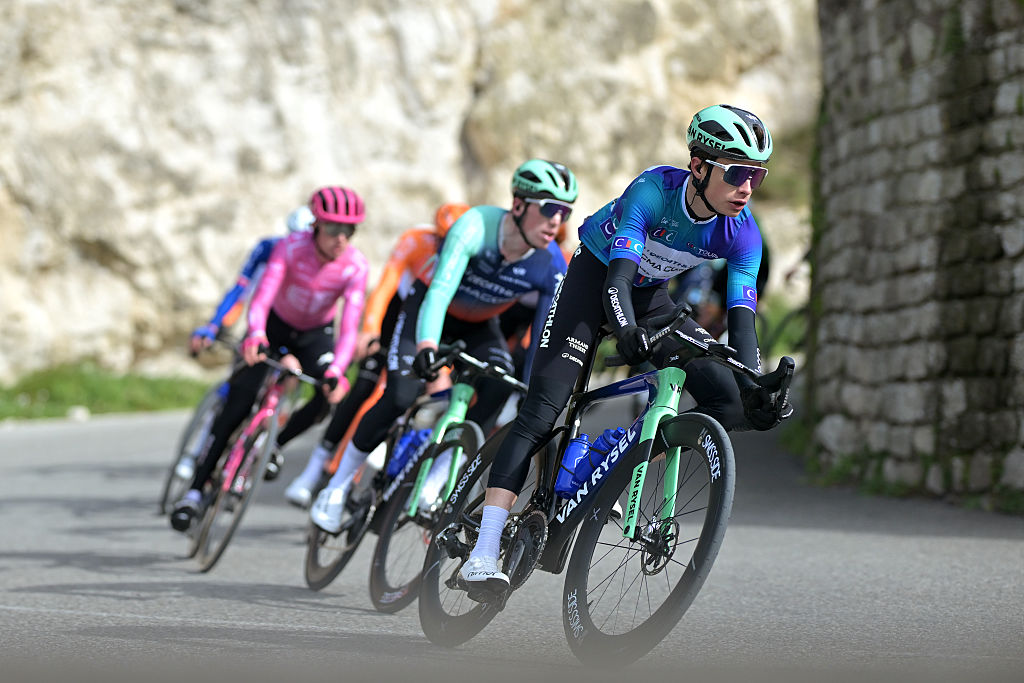Armstrong refiles lawsuit against USADA in Federal Court
Lawyers claim USADA is infringing on the Fifth Amendment
The latest race content, interviews, features, reviews and expert buying guides, direct to your inbox!
You are now subscribed
Your newsletter sign-up was successful
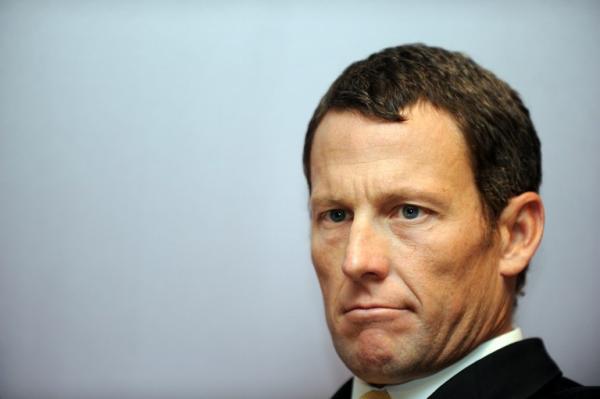

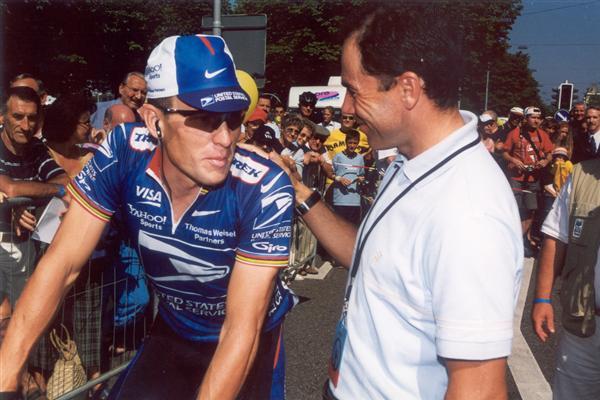
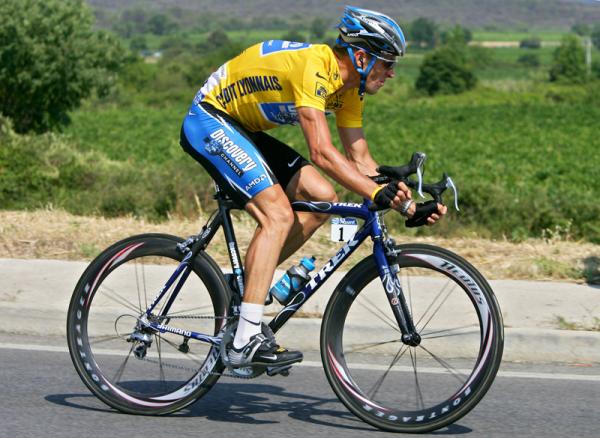
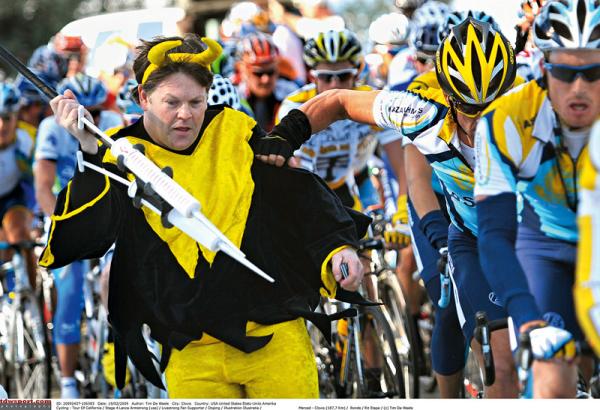
Lance Armstrong has filed an amended complaint with the United States District Court in an attempt to block U.S. Anti-Doping Agency's charges which allege that he doped throughout his career.
Armstrong charged with doping by USADA
Armstrong and authorities comment on doping charges
Armstrong attorneys respond to USADA charges
USADA chief aims to protect witnesses
Armstrong files federal lawsuit against USADA
Armstrong's federal lawsuit against USADA dismissed
Ferrari, Del Moral and Marti banned for life in US Postal case
The civil action has been dramatically reduced from the 80-pages filed on Monday, to 25 pages.
Monday's claim was dismissed seven hours after being filed, with judge Sam Sparks ruling that it contained "allegations" which were separate to the case and therefore "the Court must presume, were included solely to increase media coverage of this case, and to incite public opinion against Defendants."
Today's paperwork requests a restraining order against USADA and contains similar counts to the earlier version, that being:
- That USADA does not have the right to charge and sanction Armstrong and strip him of his titles;
- USADA does not have the right to force Armstrong to arbitrate those charges without a valid, enforceable legal agreement to do so;
- and Armstrong contends USADA's activity also violates his constitutional rights and tortiously interferes with his contract with Union Cycliste Internationale, the governing body with which he has an agreement.
The seven-time Tour de France winner is also seeking damages from USADA.
The case hinges on the legal argument that USADA's action is a violation of Armstrong's Fifth Amendment Due Process rights, whereby the Agency is abusing its authority.
Armstrong and his lawyers have requested that the Court rules by 5pm Saturday, July 14 which is the deadline stipulated by the USADA case in which to accept the charges or begin arbitration.
The latest race content, interviews, features, reviews and expert buying guides, direct to your inbox!
In 2007, Alexandre Vinokourov took on the anti-doping authorities after his positive test at the Tour de France. Vinokourov suggested that the measures were "a clear violation of human rights." He added, "You have to say three months in advance where you are planning to be, at what hour and minute. It's not possible."
That same year, Andrey Kashechkin who also tested positive argued through his lawyer Luc Misson that it was an infringement on article 8 of the Universal Declaration on Human Rights, which says that only public authorities can interfere in people's private lives, and that "the sports authorities are not the public authorities." Even collecting blood samples violates human rights, he said.

